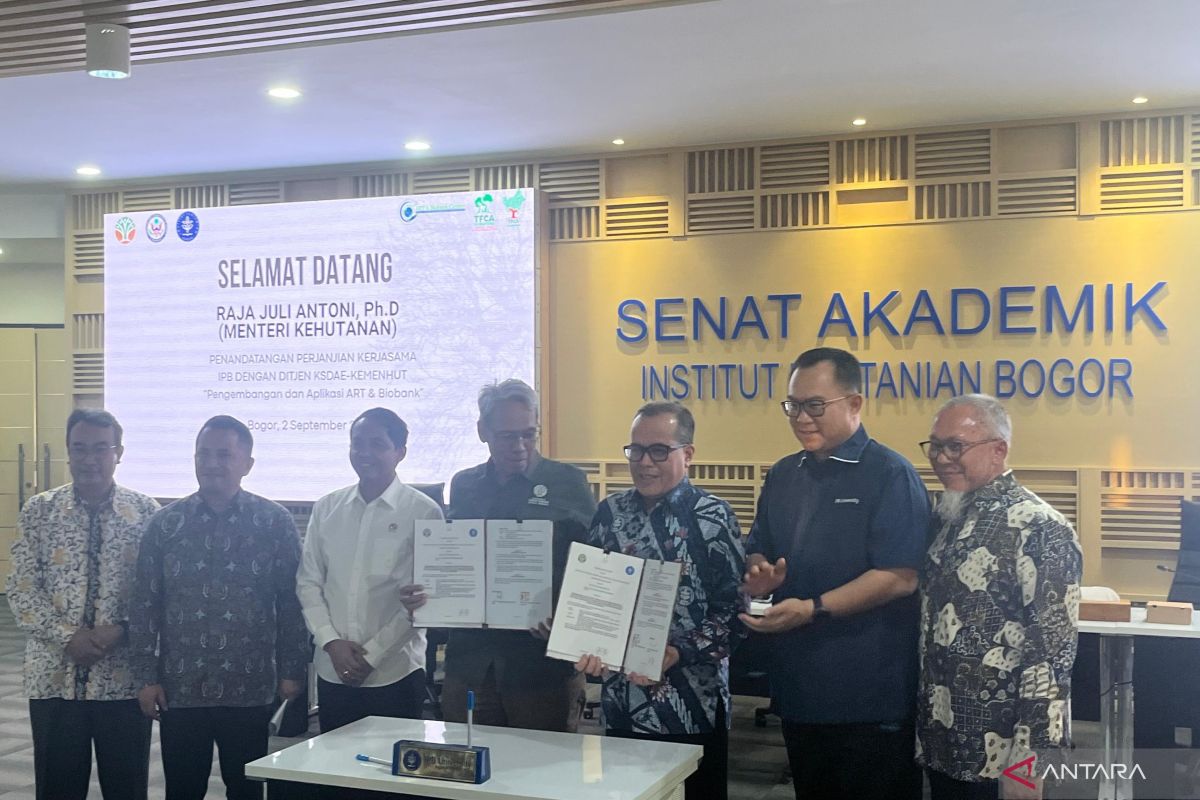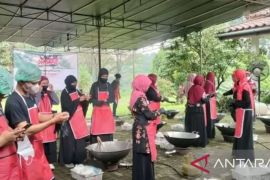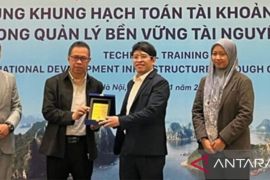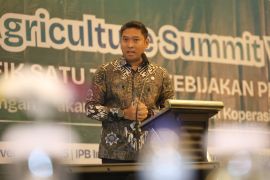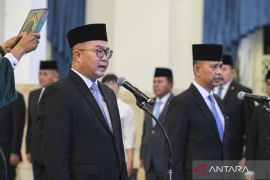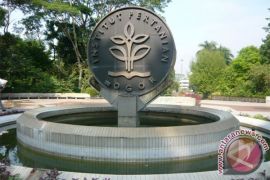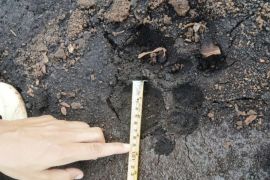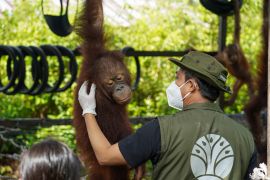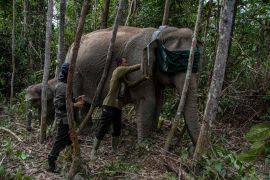The agreement underscores their commitment to protecting endangered species such as the Javan rhinoceros, Sumatran rhinoceros, elephants, banteng (Javan banteng), and tigers.
IPB University Rector Prof. Arif Satria said the partnership continues the university’s long-standing work in wildlife research, particularly on rhinoceroses.
“IPB has long been involved in research and the development of technology for wildlife conservation,” he said.
According to Arif, support from Forestry Ministry, National Development Planning (Bappenas), public institutions, and global partners are crucial asset in efforts to save critically endangered species.
Forestry Minister Raja Juli Antoni emphasized the ministry’s trust in science to protect Indonesia’s forests and biodiversity.
“Collaboration with IPB is important so that future generations can continue to see our nation’s proud wildlife firsthand,” he said.
He added that the partnership aligns with Indonesia’s position as a mega-biodiverse country and a superpower of tropical forests, bearing great responsibility in safeguarding ecosystems.
Raja Juli stated that the government wants research to be conducted domestically with Indonesian scientists involved.
“IPB will become a research hub for global collaboration, rather than exporting our genetic resources abroad,” he said.
The ministry's director general for nature and ecosystem conservation, Satyawan Pudyatmoko, highlighted the critical condition of the Sumatran rhinoceros in Kalimantan, where only two female rhinos remain. He said this situation requires assisted reproductive technology to help restore the population.
The collaboration also aims to develop a modern research center and biotechnology facilities at IPB University. These facilities are expected to serve as an integrated science-based conservation hub.
Related news: Indonesia to relocate last wild Bornean rhino for survival
Related news: Indonesia seeks government-university synergy for forest protection
Translator: M Fikri Setiawan, Mecca Yumna
Editor: Primayanti
Copyright © ANTARA 2025
